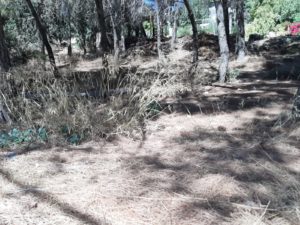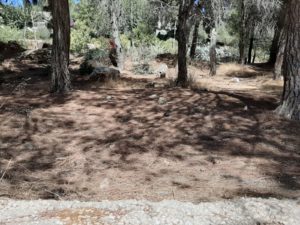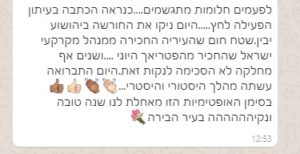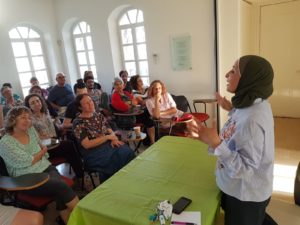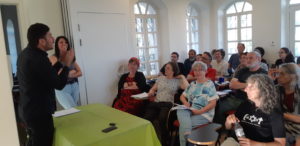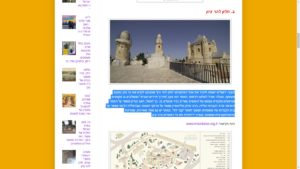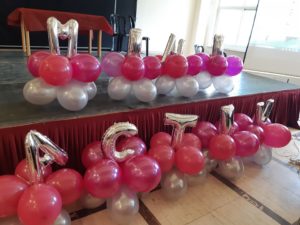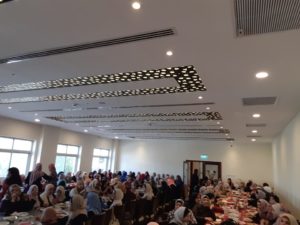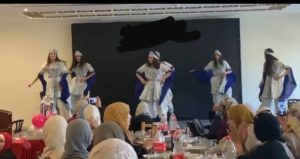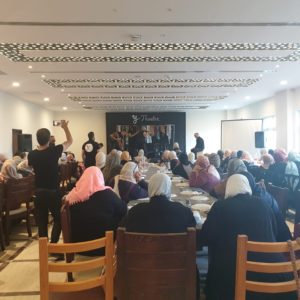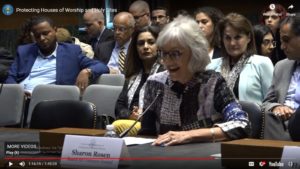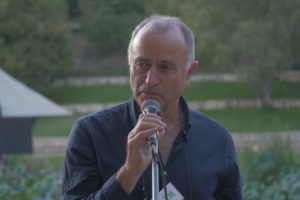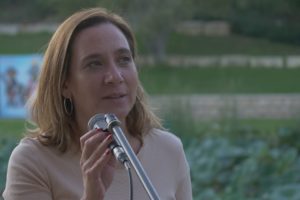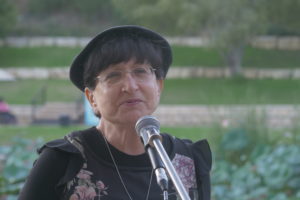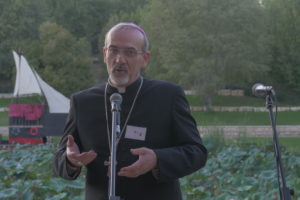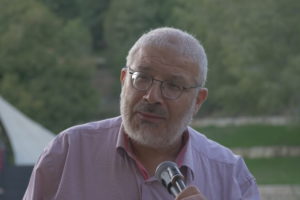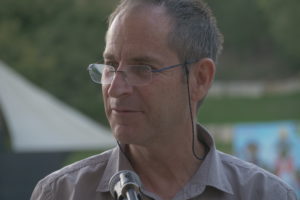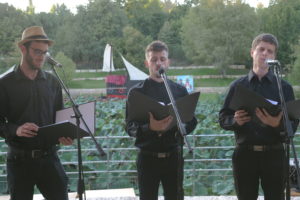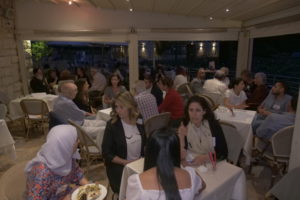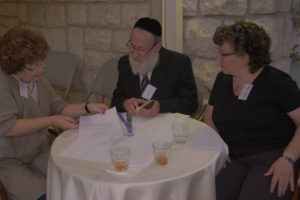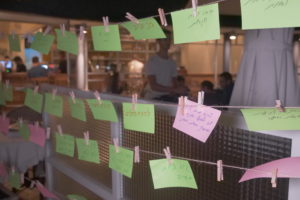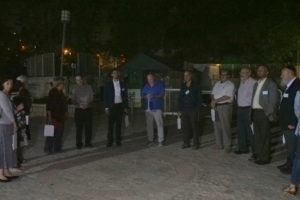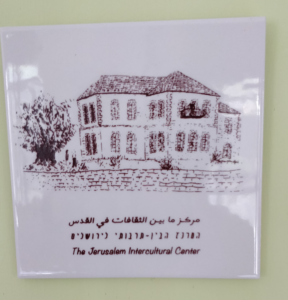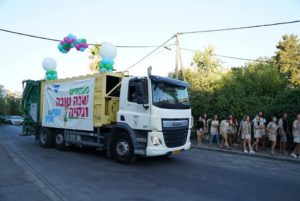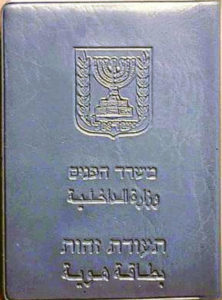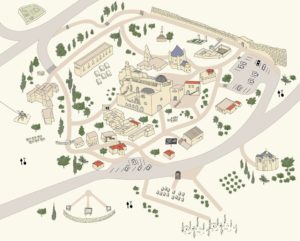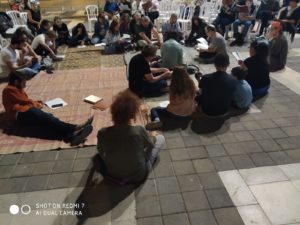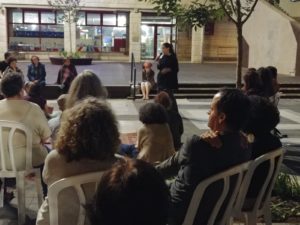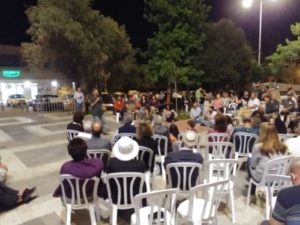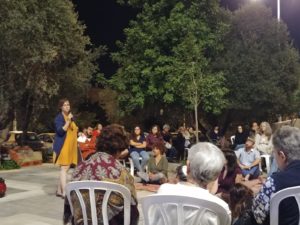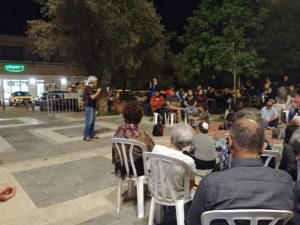Sometimes Dreams of a Clean Jerusalem Come True
One of the key issues Little Prince deals with is problematic urban areas, which are used by all residents of the city and are not cleaned, ever.
The reason: Its zoning is such that it’s unclear who’s responsible for the area, the municipality or residents, so nobody cleans. True, the ultimate responsibility for cleaning the entire city is that of the municipality – and it is this perspective that members of the Little Prince are working to advance – but it has still yet to be adopted by all municipal departments.
Little by little, members of the Little Prince choose a different area and tour with municipal professionals and officials and meet with them. They connect between professionals in the different departments: sanitation, horticulture and ticketing and enforcement, regional manager for urban planning and more, to make the municipality take responsibility for cleaning the particular area and not only once, but as part of its regular routine.
One of the many examples of the complexity of this process is a grove in the Nayot neighborhood. Residents have been trying for years to get the municipality to clean up the neglected area, but the municipality did not take responsibility. The area is large, and residents from all parts of the city use it often, so it’s not logical that local residents be held responsible for the entire area.
As a result of the methods developed by the Little Prince and the networking and connections developed by its members with municipal officials from the gardening, sanitation, and local enforcement departments, and the Municipality is now cleaning the area on an ongoing basis, each week.
Here is an example of a message written by one of the residencies after the first cleaning of the municipality in late September 2019:
Sometimes dreams come true … Today they cleaned the grove on Yehoshua Yavin St. Zoned as a ‘brown’ area that the Municipality leased from the Israel Lands Authority that leased it from the Greek Patriarch. For years no department agreed to clean it. Today the sanitation department has made a historic and hysterical move. Wishing us a happy and clean year in the capital city!
And the next day …..
Guess what? They cleaned an additional grove on Yehoshua Yavin St. Now we can wish a happy and clean year for everyone. Well done to the caring residents and the sanitation workers who are showing more and more partnership and dedication. Thank you, and may this only continue and only the best!.
Let’s hope that it’ll be like this all the time!
This was reported in the Little Prince’s Hebrew-language Facebook group:
Many thanks to the Jerusalem Foundation and Rayne Foundation for their support of the Little Prince!

